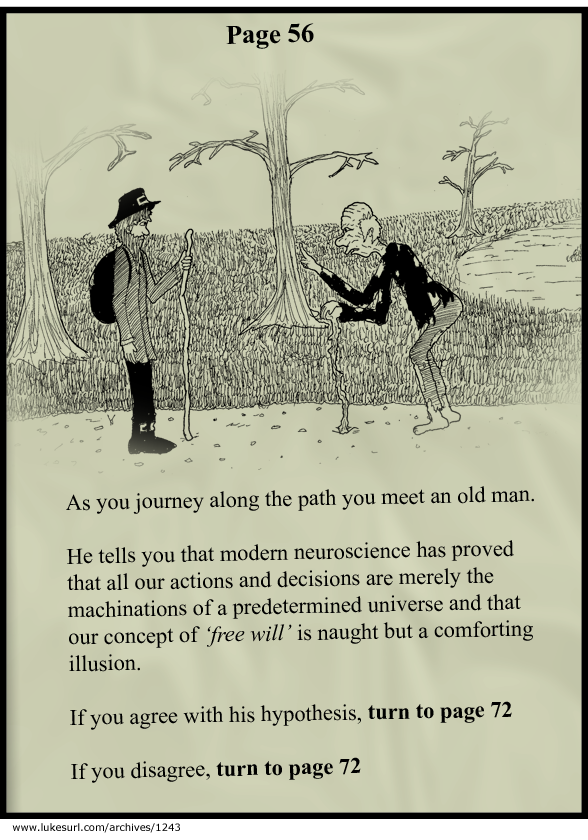Here's one question that interests me: what is the relation between a piece of music and its performance? Perhaps the most straightforward view would be to think of the relation as analogous to the relation between a word and a particular printing of the word. For example, how many words are printed in the following three lines?
MusicThe answer depends on whether we are counting word type and a word token — a particular instance of a word. There are three instances of one type above. Perhaps performances of musical pieces are simply instances of the piece of music; their differences could be likened to different font sizes and styles for words. It's still the same word: simply gets presented in different ways.
Music
Music
This analogy might be helpful, but it also raises some trick questions. We know more or less what a word type is — a sequence of letters (I suppose) — but what is a musical type? Is it just a sequence of notes? A sequence of notes with their associated timings? Can it be defined by a printed score? When we think about the variation between performances that (apparently) count as the same song, this latter proposal looks pretty difficult to maintain. One example that comes to mind is the difference between the Beatles' "I Want to Hold Your Hand" and a cover of the song that was featured in the movie "Across the Universe". They have pretty dramatically different tones and effects, I'd say. I imagine that there are other nice examples out there (feel free to use the comments to post some).
And don't the issues get even trickier with jazz?!
Anyway, my plan is to lead some clumsy stumbling through this and other philosophical questions you might have about music. For a little more adept discussion, you might check out the entry in the Stanford Encyclopedia of Philosophy on the "Philosophy of Music". Professor Roholt also has a number of papers available on his website. In particular, you might check out this blog post he wrote about music and "scientism".
Hope to see you on Thursday at noon in 62 Coleman (the Philosophy Lounge)! Pizza and friendly discussion provided as usual.

